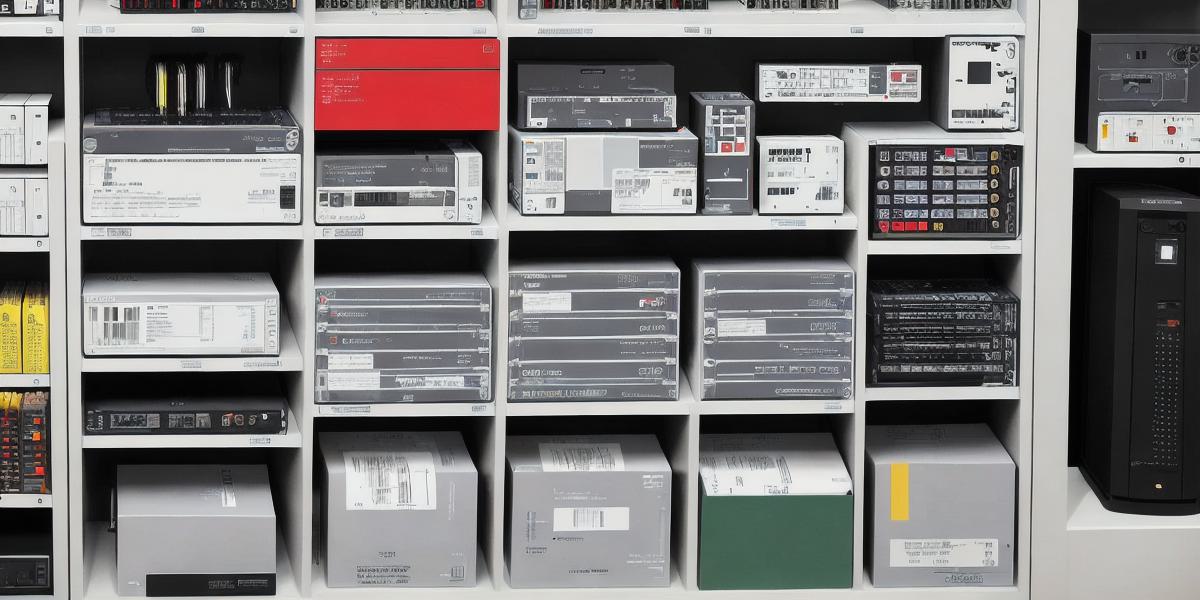Choosing the Right RFID System: A Comprehensive Guide
RFID (Radio Frequency Identification) technology has proven to be an efficient and cost-effective way of managing various aspects of business operations. With so many options available in the market, choosing the right RFID system can be a daunting task. In this comprehensive guide, we will explore the key factors to consider when selecting an RFID system that best suits your needs.
What is RFID?
RFID technology works by using radio waves to transmit information between a reader and an object with an embedded RFID tag. The information stored on the tag includes data such as product identification, location, and other relevant details. RFID systems can be used for various purposes, including inventory management, asset tracking, and access control.
Factors to Consider When Choosing an RFID System
Range and Coverage
The range and coverage of an RFID system are critical factors to consider when choosing the right one for your business operations. If you need to track items that move around a large area, such as in a warehouse or distribution center, you will need an RFID system with a long-range capability. On the other hand, if you need to track items within a smaller area, such as a retail store, a shorter-range system may be sufficient.
Accuracy and Speed
Accuracy and speed are also important factors to consider when choosing an RFID system. You will want to ensure that your system can accurately read tags and provide data in real-time. This is especially important if you need to track items that move quickly, such as in a manufacturing plant.
Cost
Cost
is another critical factor to consider when choosing an RFID system. There are various types of RFID systems available in the market, ranging from low-cost options to more expensive enterprise-level solutions. It’s important to choose a system that fits within your budget while still meeting your business needs.
Integration with Existing Systems
You will also want to consider how well an RFID system can integrate with your existing systems. For example, if you have an inventory management software, you will need to ensure that the RFID system can seamlessly interface with it. This will help you to manage your inventory more efficiently and effectively.
Security and Privacy
Security and privacy are also important factors to consider when choosing an RFID system. You will want to ensure that your system is secure and that sensitive data such as personal information is protected. You should also be aware of any potential privacy concerns associated with RFID technology and take steps to mitigate them.
Real-Life Examples
RFID technology can be used in various industries, including healthcare, transportation, and manufacturing. In healthcare, RFID systems can be used to track medical equipment and supplies within hospitals and clinics. This helps to improve patient care and reduce costs associated with equipment maintenance and replacement. In transportation, RFID systems can be used to track vehicles and manage fleets more efficiently. This can help to reduce fuel costs and improve delivery times. In manufacturing, RFID systems can be used to track products throughout the production process, from raw materials to finished goods.
FAQs
Q: What is RFID technology?
A: RFID technology works by using radio waves to transmit information between a reader and an object with an embedded RFID tag. The information stored on the tag includes data such as product identification, location, and other relevant details. RFID systems can be used for various purposes, including inventory management, asset tracking, and access control.
